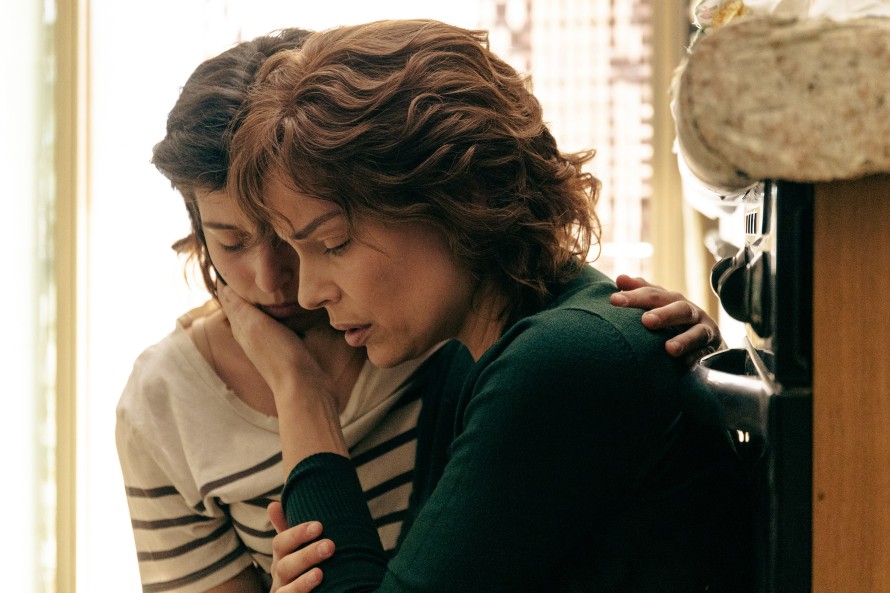Berlinale Series
Jan 16, 2023
Future Now

Gaia Girace and Micaela Ramazzotti in The Good Mothers
In its ninth edition, Berlinale Series presents eight world and international premieres. For the first time, series from India, China and Romania are included in the selection. Silver Bear winner Dalei Zhang (Berlinale Shorts 2021) returns to Berlin, and two eagerly awaited international co-productions feature German-speaking talents Leonie Benesch and Svenja Jung. Together with Jana McKinnon, Sonakshi Sinha, Cécile de France, Eili Harboe and the “Good Mothers” Gaia Girace, Valentina Bellè, Barbara Chichiarelli and Micaela Ramazotti, they represent the narrative diversity of female series characters in the programme.
Seven productions will compete for the newly created Berlinale Series Award, presented in cooperation with Deadline. The winner will be chosen by an international jury consisting of actor André Holland (The Eddy, Berlinale Series 2020; Bones and All; Moonlight), Danna Stern (executive producer, global content executive and founder of yes Studios, known for Shtisel, Fauda, On the Spectrum and Your Honour, among others), and Mette Heeno (screenwriter and creator, Splitting up together, Berlinale Series 2016, Snow Angels, Berlinale Series 2021). The Berlinale Series Award ceremony will take place on Wednesday, February 22, 2023.
“Blueprints for the future – realistic and gloomy, humorous or hopeful – are a guiding theme of the 2023 series selection. Scenarios of a world dramatically unbalanced by changes in the meteorological and social climate, pleas for social change embedded in genre narratives as well as reinterpretations of the recent past – the current productions are politically sober, committed to the present and future oriented,” comments Julia Fidel, head of Berlinale Series.
Past Continuous
The present is constantly changing, and with it, our concepts of the future and the past. The Cold War thriller Spy/Master about a double agent caught between systems connects to viewers’ experience of current crises, as the intricately connected protagonists are primarily motivated by economic and geopolitical interests rather than moral imperatives. In Why Try to Change Me Now, Dalei Zhang (Berlinale Shorts 2023) recreates the evolving city landscapes and fickleness of human nature in early-90s China in his unique visual storytelling style through masterful tableaux. In Bad Behaviour, a young woman has to question her subjective memories when she is confronted with a new interpretation of her past.
Is the Future Female?
Familiar genres are reinterpreted by female protagonists and established systems are given a good shake. The Indian series Dahaad (Roar), with its young, emancipated policewoman, asks uncomfortable questions about society's treatment of women, deviant beliefs, norms and traditions. In The Good Mothers, it is the long overlooked wives and daughters of the familiar mafiosi characters who bring down a patriarchal network of violence, silence and oppression.
And what about the future of the middle-aged white man? He deals intensively with the predicaments he regularly gets himself into. An all-star cast including Esben Smed, Ulrich Thomsen and Nikolaj Coster-Waldau leads us through the hilarious ups and downs of everyday life as an Agent.
No Future?
With sardonic humour, Arkitekten (The Architect) depicts a hypergentrified future in which there are no public places or opportunities for social advancement without giving up one's physical or psychological integrity. And humanity is attacked by an unknown intelligence in the opening series Der Schwarm (The Swarm) (see press release from December 20, 2022), which will screen out of competition.
Press Office
January 16, 2023